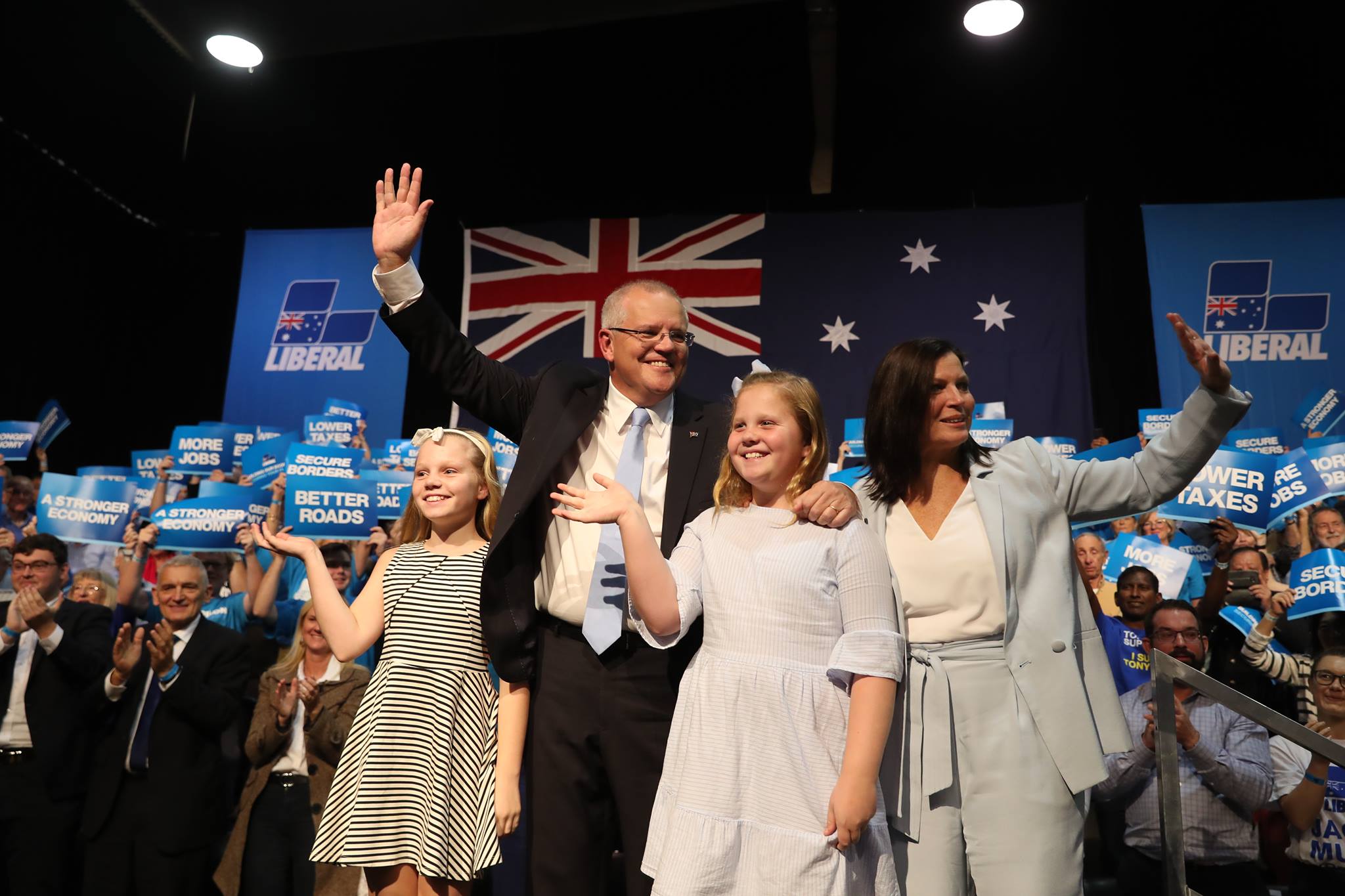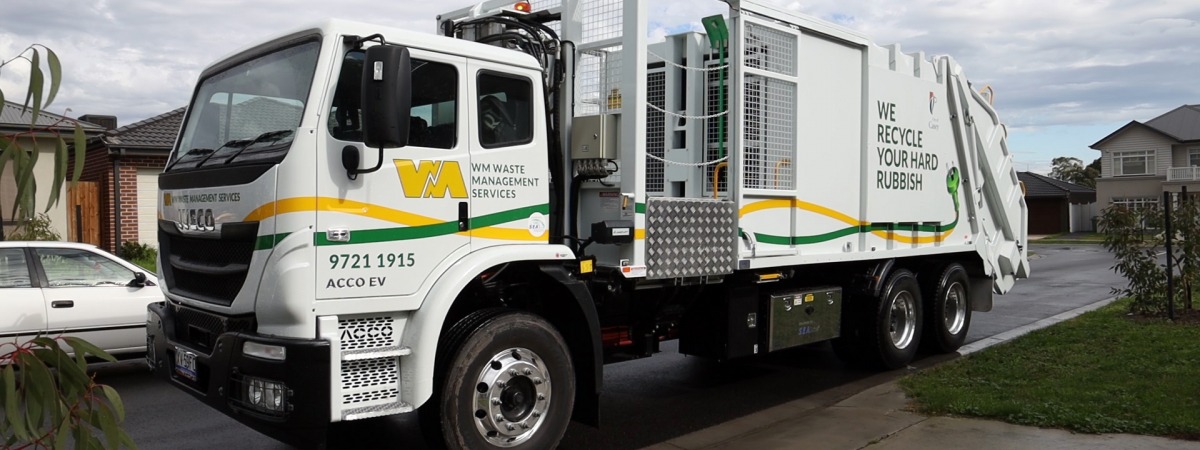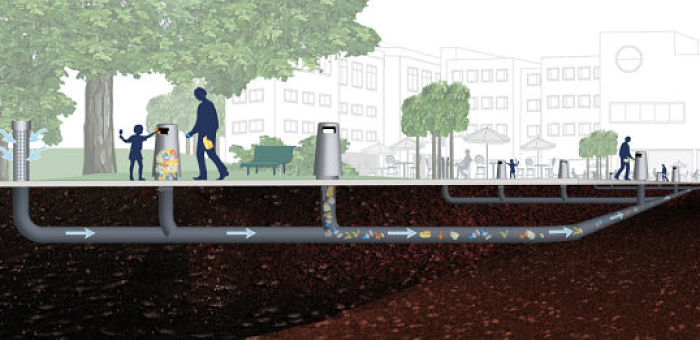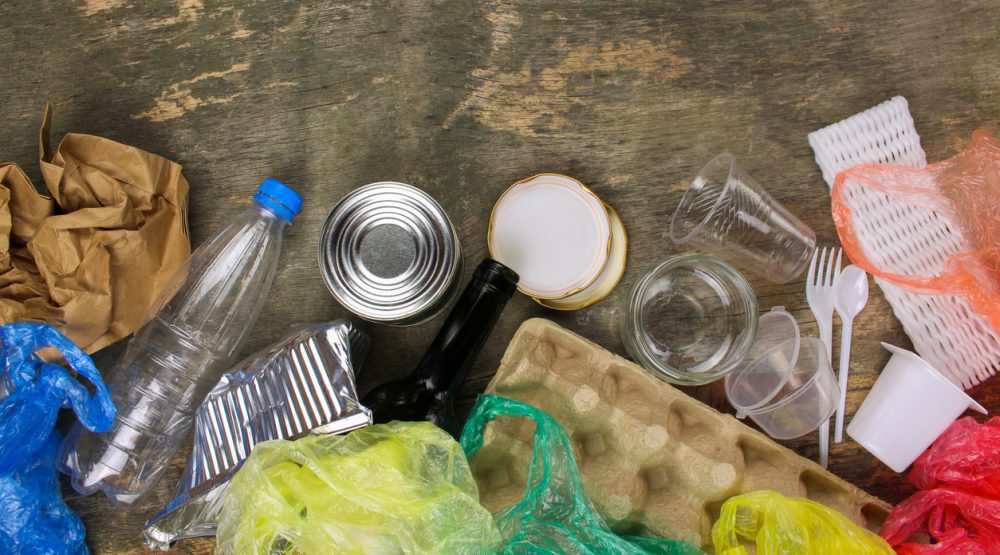
Newly appointed assistant minister for waste reduction and environmental management Trevor Evans has opened the first meeting of the Collective Action Group (CAG), a team of 12 representatives from across the supply chain and government, charged with overseeing the progress of Australia’s 2025 National Packaging Targets.
The 2025 targets were launched by government and industry in 2018, providing a mandate to deliver a new sustainable pathway for packaging in Australia.The CAG’s role is to work with APCO to oversee the development of a systemic model for how Australia can deliver the 2025 targets.
The primary task for the CAG in 2019 is to develop a white paper setting out the roadmap for all stakeholders and identifying the critical interventions required to successfully transition Australia to a circular economy for packaging.
The CAG brings together representatives from the resource recovery, community, government, packaging, retail and manufacturing sectors to tackle Australia’s packaging waste challenges.
Organisations include Coles, David Jones and Country Road Group, Nestle, Coca Cola Amatil, EY, Planet Ark, Australian Council of Recycling (ACOR), Suez, Visy, Pact Group, the Department of Environment and Science (QLD) and the Department of Environment and Energy (full participant list below).
Brooke Donnelly, CEO of the Australian Packaging Covenant Organisation, the agency leading the delivery of the 2025 National Packaging Targets said the formation of the CAG is an “exciting milestone” in its work towards delivering the targets
“The 2025 National Packaging Targets are some of the most ambitious and decisive environmental targets to be supported in Australia and their delivery requires collaboration from across industry. We applaud all CAG participants and their leading organisations for stepping up as key players in the global movement to create sustainable packaging solutions that drive accountability, transparency and shared value for consumers, industry and government,” Donnelly said.
Over the next 12 months, APCO will be delivering an extensive program of projects to drive the delivery of the 2025 National Packaging Targets. These will be facilitated by a team of APCO working groups, comprising nearly 100 participants from industry and government across Australia which will in turn provide analysis and resources to the overarching CAG.
The projects include comprehensive infrastructure mapping of the current waste and recycling system and a series of models for alternatives; a range of research and trials to better understand compostability, remote and regional waste collection partnerships, phasing out of single use plastics and consumer education initiatives to ensure a consistent approach to resource recovery in the packaging streams.
Evans was appointed to the newly created role of assistant minister for waste reduction and environmental management in May following the coalition’s election win. In the lead up to this year’s election all three major parties proposed waste and resource recovery policies for the first time
The Australian Packaging Covenant Organisation (APCO) is the agency charged by government to make all packaging reusable, recyclable or compostable by 2025. APCO represents 1500 member companies, representing 153 separate ANZSIC codes, covering the entire product life cycle and supply chain.
Comment below to have your say on this story.
If you have a news story or tip-off, get in touch at info@3.106.117.80.
Sign up to INCLEAN’s newsletter.





